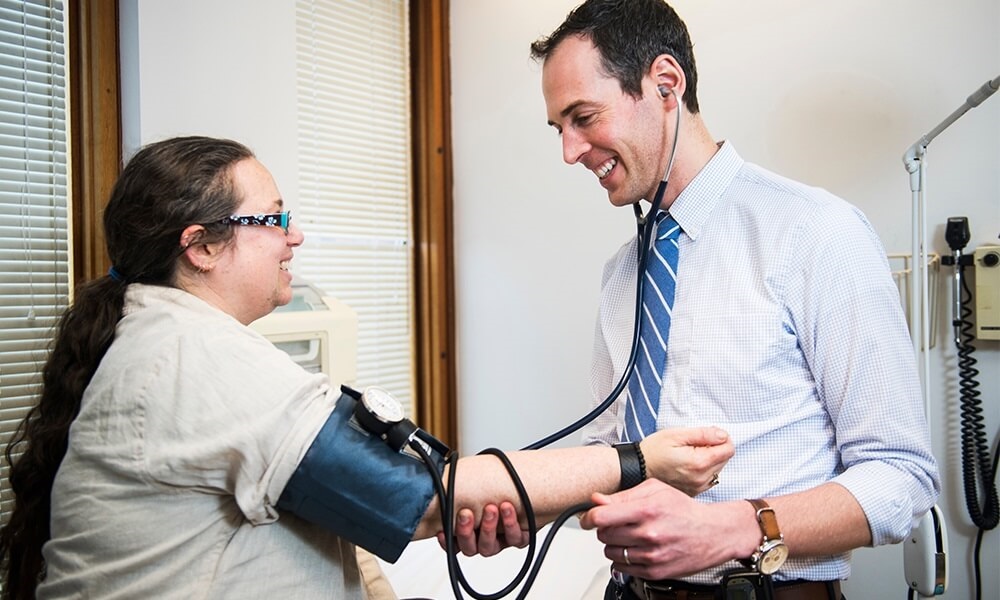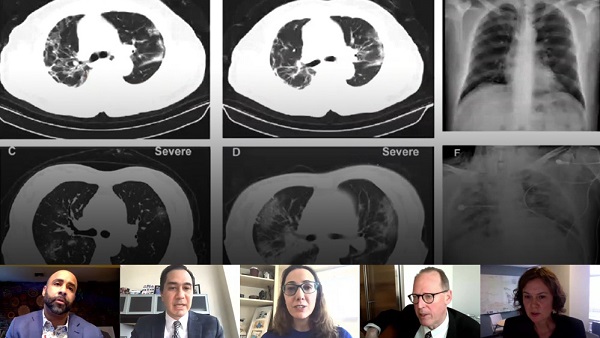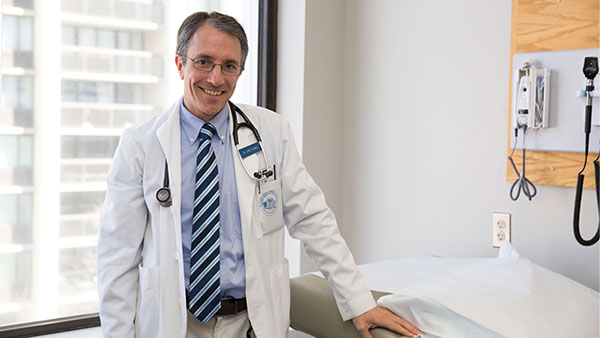Department of Medicine


Department of Medicine Divisions
Cardiology
Provides multidisciplinary care and innovative treatments for common and complex heart conditions.
Endocrinology
Offers comprehensive clinical services for diabetes, osteoporosis and diseases of the pituitary, thyroid and reproductive systems.
Gastroenterology
The Division of Gastroenterology offers comprehensive, coordinated care for patients with digestive and liver diseases.
General Internal Medicine
Provides medical care—including hospital medicine and primary care—and oversees health services research programs.
Hematology-Oncology
Mass General Brigham Cancer Institute’s world-renowned, team-based specialists offer breakthrough therapies and clinical trials, focused on personalized care.
Infectious Diseases
The Mass General Infectious Diseases Division offers patient-centered, innovative, and comprehensive care for patients with a wide array of infectious diseases.
Nephrology
Offers a full range of personalized care and education for patients with kidney diseases while engaging in standard-setting research.
Palliative Care & Geriatric Medicine
Provides patients with relief from the symptoms, pain and stress of a serious illness, and offers a multidisciplinary clinical care program in geriatric medicine.
Pulmonary & Critical Care Medicine
Provides comprehensive care for patients with respiratory diseases and critical illness, and performs leading-edge research.
Rheumatology, Allergy & Immunology
Treats immune disease by integrating patient care, basic and clinical research, and education of physician-scientists.
A Top Hospital in America
Mass General is recognized as a top hospital on the U.S. News Best Hospitals Honor Roll for 2025-2026.
Make a gift
Your support of the Department of Medicine helps us provide the best possible care today and expand what will be possible tomorrow.
Mass General for Children (MGfC)
MGfC provides a full spectrum of care from primary care to a broad range of specialty services for newborns, children and adolescents.



